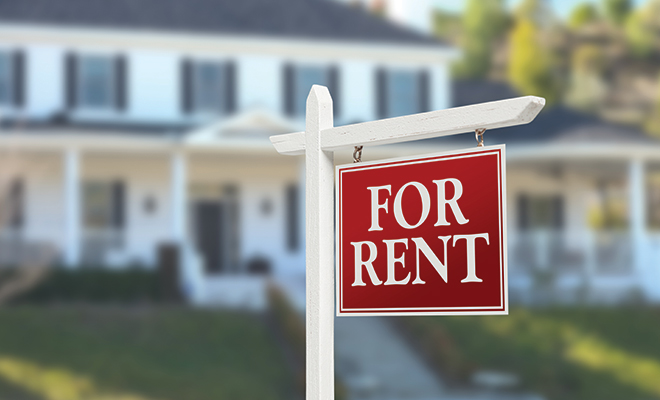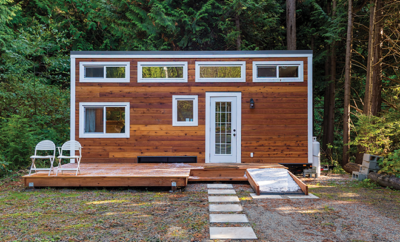
The Ultimate Host: Rent Your Home Short-Term
Your home is one of the largest assets you will ever own, and you’ve probably wondered how much money you can make by renting it out through online sites such as Airbnb, VRBO or HomeAway.
This can be a very lucrative venture. As a matter of fact, some people are commanding large rents in and around popular markets such as New York City or Chicago. High-density walkable areas such as Washington, D.C.’s, downtown are especially appealing to short-term renters.
If this sounds tempting to you, it’s in your best interest to learn all you can about the practice. There are perks along with pitfalls. After all, you are literally inviting strangers into your home for money!
First, note that laws concerning short-term leasing are in flux because this is a relatively new industry and local governments are trying to keep up. Most major cities have rules in place, from how long the occupancy can be to particular rules regarding the occupancy. Some cities completely prohibit them.
If you live in a coop or condominium community, there may be restrictions on short-term leasing. Apartment owners may also have limitations stated within the lease. Do your research or you could end up paying fines or getting evicted, at worst.
Next, get ready to become a host in every sense of the word. It takes time to get your home in shape and presentable to renters. Attention to detail is important. Renters appreciate hosts who go above and beyond what a local hotel or motel concierge would do. You might leave a box of chocolates if you know your guests are celebrating a wedding anniversary, or meet them personally upon their arrival to offer a tour and suggestions for where to eat or shop. Stocking the bath with toiletries and fresh linens and towels is a nice touch. You want your guests to post positive reviews online after their stay, and these are the little things that will make a difference and draw more guests.
Be conscious of your neighbors, too. If your guests become a nuisance, you could end up with noise complaints, police reports or worse. It may be wise to approach your neighbors with your plan to enter short-term leasing before you start.
Perhaps the biggest difference you can make with renters is cleanliness and making sure everything is in working order. Hiring a good cleaning service is paramount to a successful operation. No one wants to lease a dirty, unkempt home, and post-stay cleaning will help you feel at home again.
Be sure to protect your valuables. Lock them up in the basement or a room to which renters have no access. Check your insurance policy to see if it covers damages, theft or other problems caused by short-term renters. You may be required to notify your insurance carrier or purchase a special rider for your policy. If you are planning to go big time with your rental business, you may want to buy a totally separate insurance policy. Airbnb includes insurance and accidental damage coverage with your listing. HomeAway offers property damage protection that covers small damages such as stains or small breakage, but it is an optional add-on. But experts say your own homeowner’s coverage should be the primary coverage.
As always, be cognizant of the Internal Revenue Service. Homeowners who rent out their home 14 days or fewer per year do not have to report that income, but beyond that, you may owe federal tax. You may owe local or state tax too, along with hotel or transient occupancy taxes.
Check with your community requirements for a business license or permit or registration. You may be able to research Airbnb’s Responsible Hosting guidelines, which lists a summary of laws and regulations in most cities.
Remember there is a cost for doing business with these online companies. Airbnb charges a small percentage service fee for each reservation you accept. HomeAway has an annual subscription fee or a per-booking fee. Check their websites for current pricing.
When you are ready to list your home, take enticing photographs and list all pertinent information that a renter will want to know. Be up front with your rates and availability and check-in and check-out times. Communication is key. Respond to your inquiries as soon as possible, so your renters feel confident about their choice.
You can even offer specials when business is slower than usual. Owners usually rent out on a weekly basis, but you can offer nightly rates, especially if there is a popular event nearby and vacancies are scarce.
Offering your home for short-term rental is an excellent way to earn extra money, as long as you treat your home, guests and neighbors with respect. ■
Sources: homeguides.sfgate.com, nerdwallet.com and nolo.com.







